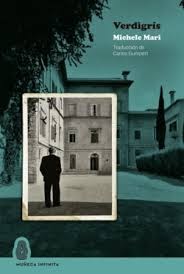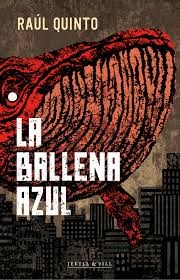
Original title: Verdigris
Translation: Carlos Gumpert
Publication year: 2007
Valuation: Highly recommended
If things were as they should be, this would be one of the “surprise books” of the year. Unfortunately, things are as they are and it is most likely that this book will go unnoticed and that only impregnable redoubts of literary exquisiteness like this one (yes, today we woke up with a heightened ego) will echo us. Verdigris.
And if I had to summarize the reasons for the first statement in three words, they would be ORIGINALITY, TENDERNESS and VARIETY OF RECORDS. Get in trouble!
What one does not expect is for this “Delibesian” novel to suddenly turn around and for the influences to become very different ones. The fantastic sneaks into the novel and Delibes gives way to the wonderful real, to the gothic horror, to the myth of Frankenstein, to the novel of intrigue and adventure in which there are slugs, emigrated Russians, talking dead, murdered Nazis, etc.
And so, Michele’s attempt to help becomes a carousel of questions, hypotheses and conjectures that lead us to question both Felice’s origin and how a story and a life are built (and here it comes to mind). the head of the recently deceased Sergio Chejfec).
All this without the novel jumping through the air, maintaining the rhythm and tension, with two apparently antithetical characters like Michele and Felice who will guide us through a complex labyrinth of passions and very human feelings.
My stuff, maybe. The important thing is that this Verdigris It has surprised me for the better, so much so that I hope it is the first of many Michele Mari books that we see published in these parts.
Source: https://unlibroaldia.blogspot.com/2024/05/michele-mari-verdigris.html


